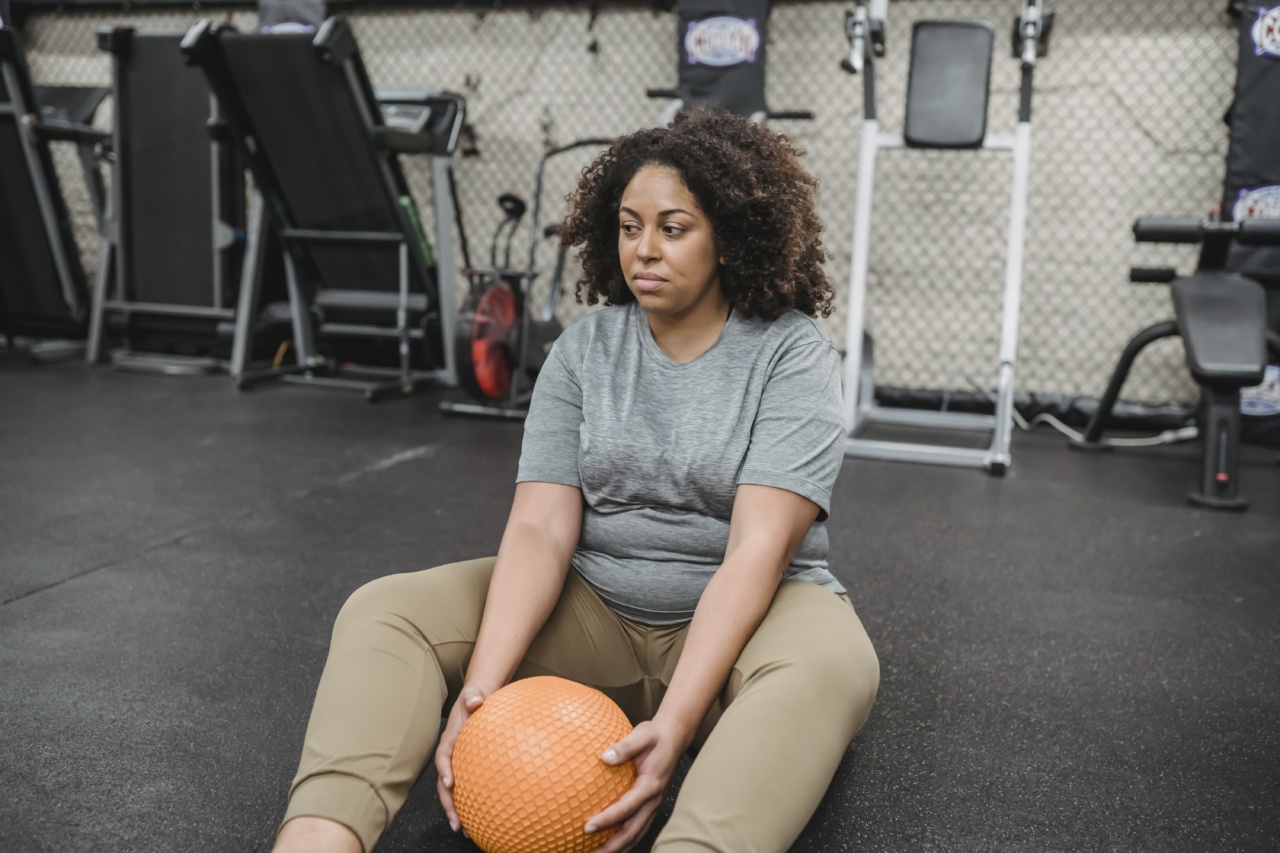Rare Instances of Sexual Function Recovery After Prostatectomy
Prostatectomy is a surgical procedure commonly performed to treat prostate cancer. While it is effective in removing cancerous cells, one of the potential side effects of prostatectomy is a decline in sexual function.
This can include erectile dysfunction and a decrease in libido. However, in rare instances, some patients may experience a recovery of sexual function after prostatectomy.
Understanding the Causes of Sexual Function Recovery
The exact reasons behind sexual function recovery after prostatectomy are not yet fully understood. However, several factors may contribute to this phenomenon. Firstly, the age and overall health of the patient are significant determinants.
Younger patients with good overall health may have a higher chance of recovering sexual function. Additionally, the extent and aggressiveness of the prostate cancer play a role. Patients with less aggressive cancer may have a better chance of recovering sexual function post-prostatectomy.
Neurovascular Bundle Preservation
During prostatectomy, surgeons attempt to preserve the neurovascular bundles responsible for erectile function. If these bundles can be spared, there is a higher likelihood of sexual function recovery.
However, preserving the neurovascular bundles can be challenging depending on the size and location of the tumor.
The Role of Nerve Regeneration
In some rare cases, nerve regeneration may occur after prostatectomy. This phenomenon involves the regrowth of nerve fibers that were damaged or disrupted during the surgery. Nerve regeneration can lead to improved sexual function over time.
Post-Surgical Rehabilitation and Therapy
For patients experiencing sexual function recovery after prostatectomy, post-surgical rehabilitation and therapy can further enhance their progress. This may include medications, such as phosphodiesterase-5 inhibitors (PDE5i), like Viagra or Cialis.
Additionally, certain mechanical devices like penile pumps or vacuum erection devices (VEDs) can aid in achieving erections.
Patient Psychology and Expectations
The psychological state of the patient and their expectations regarding sexual function greatly influence their recovery.
Patients with a positive outlook and realistic expectations may have a higher chance of experiencing sexual function recovery after prostatectomy. Counseling and support from healthcare professionals can also play a significant role in this aspect of recovery.
Adjuvant Treatments and Hormone Therapy
In some cases, adjuvant treatments and hormone therapy may enhance the chances of sexual function recovery. Hormone therapy can help in restoring testosterone levels, which can positively impact libido and overall sexual function.
Alternative Treatments and Therapies
While not scientifically proven, some alternative treatments and therapies are believed to aid in sexual function recovery after prostatectomy. These may include acupuncture, herbal supplements, and specialized exercises targeting pelvic floor muscles.
It is essential to consult with healthcare professionals before pursuing any alternative treatments.
Conclusion
Although rare, sexual function recovery can occur after prostatectomy. Several factors, including patient age, overall health, tumor aggressiveness, and the preservation of neurovascular bundles, affect the chances of recovery.
Additionally, nerve regeneration, post-surgical rehabilitation, and the patient’s psychological state play significant roles. Adjuvant treatments, hormone therapy, and alternative therapies may also contribute to a better outcome.
It is crucial for patients to have open discussions with their healthcare providers to understand the available options and set realistic expectations for sexual function recovery after prostatectomy.






























